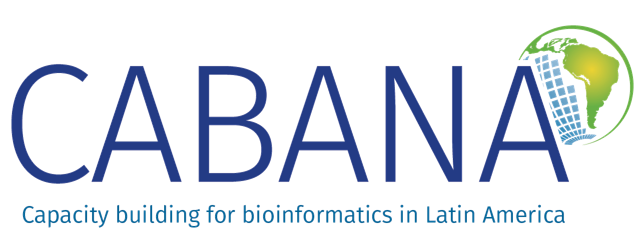Coordinating partners
|
||
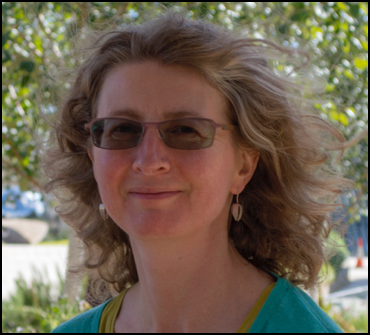 |
Cath Brooksbank is the Principal Investigator on CABANA. As Head of Training at EMBL-EBI, Cath is responsible for the strategic coordination of its Training programme. Her team works with EMBL-EBI experts and scientists across the world to deliver concise, targeted training on topics related to bioinformatics. |
Email: cath [at] ebi.ac.uk Tel:+44 (0)1223 492 525 / Fax:+44 (0)1223 494 468 |
 |
Ian Willis is CABANA’s project manager. Ian has a background in international development projects ranging from the installation of sanitation to public health. |
Email: ian [at] ebi.ac.uk |
 |
Piv Gopalasingam is a Scientific Training Officer for the Training Team and is primarily responsible for the scientific development and delivery of training within the CABANA project. He is a Train the Trainer instructor, and has an interest in science communication, community building, equality, diversity and inclusion. |
Email: piv [at] ebi.ac.uk Tel::+ 44 (0) 1223 49 2548 / Fax:+ 44 (0) 1223 494 468 |
 |
Claire Johnson is a Senior Scientific Project Manager whose focus is on enhancing opportunities and recognition for continuing professional development for professionals. She manages EMBL-EBI’s contribution to the RItrain project. Claire also provides dissemination support to the CABANA project. |
Email: claire [at] ebi.ac.uk Tel:+ 44 (0) 1223 494 566 / Fax:+ 44 (0) 1223 492 621 |
.jpg) |
Prakash Singh is a web developer at EMBL-EBI. He is helping in development and maintenance of CABANA website and elearning portal. |
Email: prakash [at] ebi.ac.uk Tel:+44 (0) 1223 49 4616 |
Latin American partners |
||
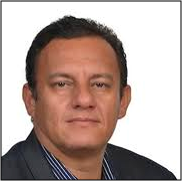 |
Marco Cristancho is an Associate Professor at the University of the Andes, Bogota, Colombia. With over 13 years of experience on Bioinformatics and more than 20 years of expertise in Genomics, Molecular Biology and coffee improvement, Marco’s leadership in bioinformatics in Colombia is well recognised. He has been involved in a large number of national and international collaborative endeavours and is an experienced leader of large projects and scientific groups. He advises in the areas of Genomics, Bioinformatics, and Plant Pathogens Control for public and private Research Institutes in Colombia and abroad. His current focus is the leadership of Bioinformatics Research Projects with high impact in Colombia in the areas of Health, Biodiversity and Agriculture. | Email: ma.cristancho29@uniandes.edu.co |
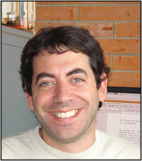 |
Adrian Turjanski is Professor of Bioinformatics at the University of Buenos Aires and Director of the Argentinian Bioinformatics Platform. He has also helped to steer Argentina’s Associate Membership of the European Molecular Biology Laboratory. Visiting fellowships and short training courses are an integral part of Argentina’s membership of EMBL, so Adrian has direct experience of the impact that such capacity building initiatives can have. | Email: adrian@qi.fcen.uba.ar |
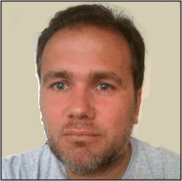 |
Maximo Rivarola is Director of the Bioinformatics Unit at the Institute for Biotechnology in the National Center of Agriculture Research in the National Institute for Agricultural Technologies (INTA) in Buenos Aires and an Adjunct Researcher in Conicet; as a participant in the international DEANN project, he is well connected with the NGS-data analysis community both within and beyond Latin America. He participates actively in various projects involving de novo transcriptome and genome assembly, as well as studies involving genetic variants in populations to determine disease resistance in agronomic crops. | |
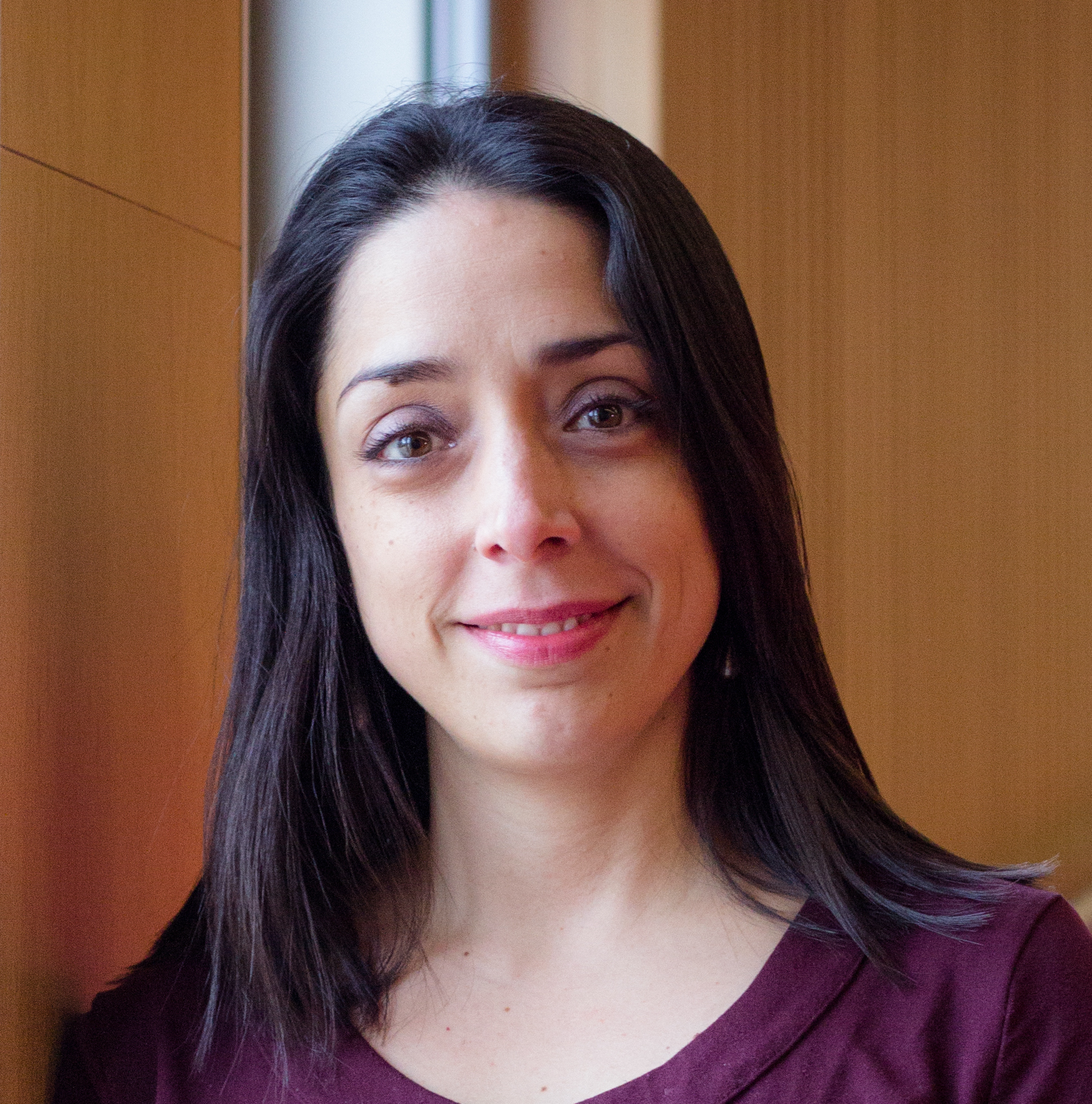 |
Rebeca Campos-Sanchez is a professor of Molecular Biology, Genomics and Bioinformatics at the University of Costa Rica (UCR) since 2005. Her goal has been to enlarge and strengthen the bioinformatics community in Costa Rica, including creating RedBioAplicada to share with researchers and students diverse training, funding and study opportunities inside the country and abroad. She started developing bioinformatics e-Learning material in Spanish during a 6 month CABANA secondment with Cath Brooksbank and the training team at EMBL-EBI. In her research she is focused in understanding the development of the microbiome since childhood and applied to disease such as in autism, in addition she is working on evolutionary genomics of transposable elements, among other topics. | |
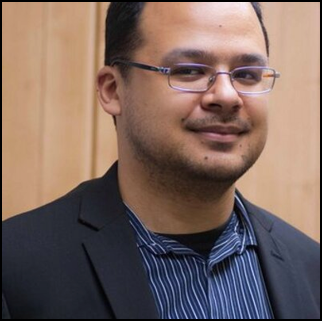 |
Benilton Carvalho is Assistant Professor at Universidade Estadual de Campinas; he has a long history of collaborating with EMBL-EBI, having contributed to several iterations of our highly regarded EMBO practical course on analysis of high-throughput sequencing data. A statistician by training, he founded the Brazilian Initative on Precision Medicine, contributes to the Global Alliance for Genomics and Health, and is a member of the Zika Virus task force in the Sao Paulo area. | |
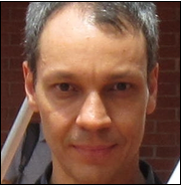 |
Guilherme Oliveira is a Senior Researcher at the Vale Institute of Technology - Sustainable Development in the Brazilian Amazon Basin. He has wide-reaching networks in Latin America and beyond, having been President of the Brazilian Association for Bioinformatics and Computational Biology and a Member of the Board of the International Society for Computational Biology. His current research interests lie in microbial ecology; he also contributed to the analysis of the Schistosoma genome. | |
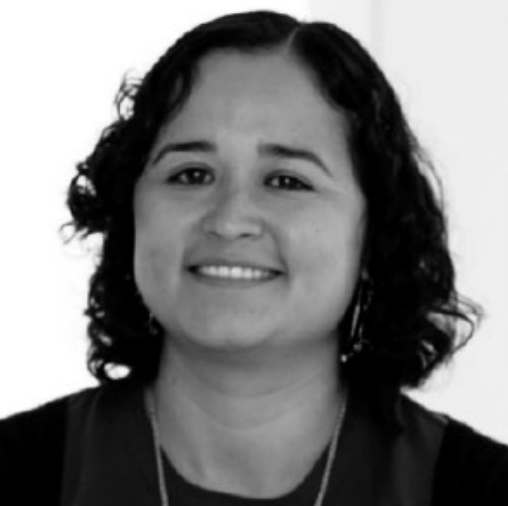 |
Selene L. Fernández Valverde is Principal Investigator of the Functional and Evolutionary Genomics of Regulatory RNA group at the National Laboratory of Genomics for Biodiversity in Mexico (Langebio-cinvestav). Her research focuses on genomics and bioinformatics. Her core academic interest is contributing to the understanding of the mechanisms involved in the wide phenotypical diversity present in the animal and plant kingdom. She is particularly interested in the role of non-coding RNAs in the evolution of regulatory landscapes within and between species. | |
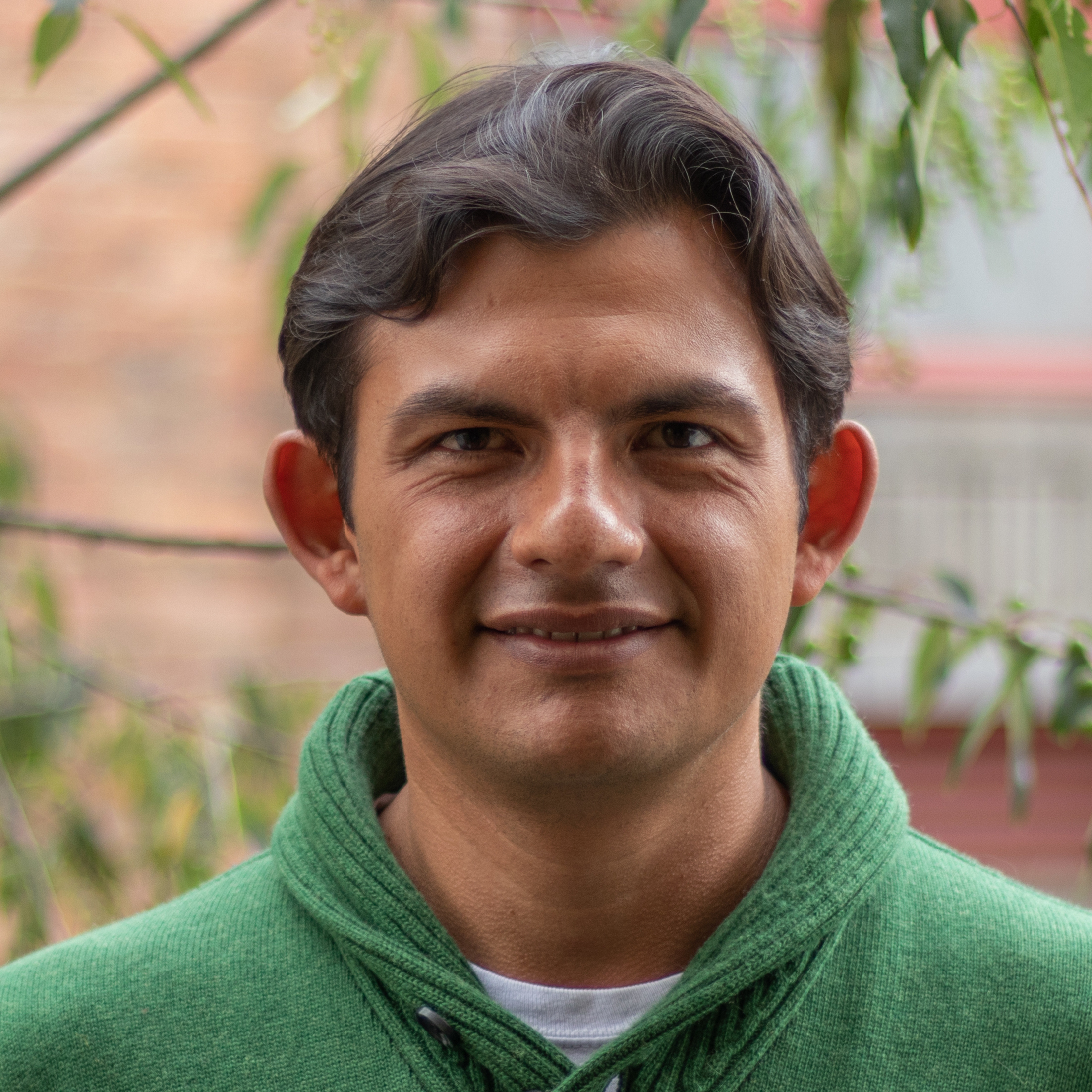 |
Alejandro Reyes is Associate Professor at Universidad de los Andes, in Bogotá, Colombia, where he is also group leader of the Max Planck Tandem Group in Computational Biology. Using computational biology approaches he develops tools for the analysis of data derived from omic studies (genomic, transcriptomic, metabolomic, etc.) for the characterisation of microbial communities and their interactions with the environment. Of particular interest is how microbial communities associated with humans, and in particular their viruses, affect human health. | |
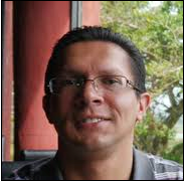 |
Andres Gatica is Professor in the Department of Biology at the University of Costa Rica. His research interests lie in the genetic improvement of economically important crop plants, including coffee. | |
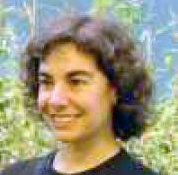 |
Norma Paniego is a researcher at the Biotechnology Institute of CICVyA (INTA) and an associate researcher at the National Council of Scientific and Technical Research (CONICET), since 2006. She currently coordinates the Bioinformatics PPR and PE INTA Consolidation of the Computerized Information System of Genetic Resources and Development of DNA Banks. In addition, she is co-director of the Sunflower Genomics group and coordinator of the General Genomics services (sequencing and genotyping) of the Biotechnology and Biological Resources Structuring Project. | |
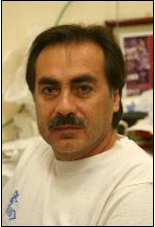 |
Alfredo Herrera-Estrella is Group leader at the National Laboratory of Genomics for Biodiversity in Mexico; his research interests include the analysis of crop genomes and of microorganisms, and he has a long track record of mentoring students and postdocs | |
 |
Jan Kreuze is a molecular virologist and a principal scientist at the International Potato Center in Lima, Peru. He has developed novel methods for discovering viruses and advises the global potato-breeding community on the disease risks of transporting potato germplasm. | |
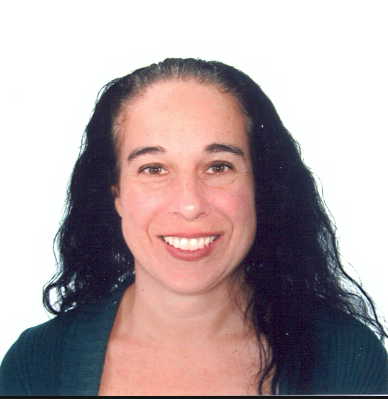 |
Noelle Anglin is the Program Leader for the Biodiversity Program for the Future at the International Potato Center (CIP) in Lima, Peru. She has a PhD in molecular biology and her work has focused on marker development for breeding efforts and genetic diversity assessments of genebank collections. The genebank at CIP conserves a large clonal collection potato, sweetpotato, and Andean Roots and Tuber Crops (ARTCs) and their wild relatives. She has contributed to reinforce CIP’s vision to conserve, expand, characterize, and distribute the world’s largest collection of roots and tubers for the benefit of humankind. | |
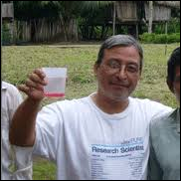 |
Ricardo Fujita built and leads the national human genetics reference lab in Peru and is an expert on rare diseases and human evolution, in addition to having mentored a large number of early-stage researchers |
|
| Carlos P. Modenutti is a postdoctoral researcher in the Laboratory of Biochemical Physics and Structural Bioinformatics of Proteins (BFQyBE), belonging to the Department of Biological Chemistry of the Faculty of Exact and Natural Sciences, University of Buenos Aires, IQUIBICEN-CONICET. His main line of research refers to the study of the possible synergy between drug-like inhibitors and reactive oxygen species on the Mycobacterium tuberculosis pathogen. In turn, he is responsible for the Glycobiology Division of the BFQyBE where aspects related to the prediction of interaction phenomena between proteins and carbohydrates are studied. | ||
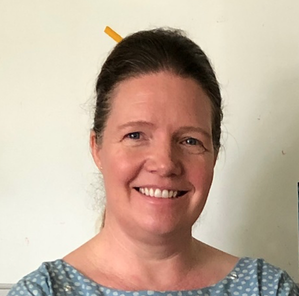 |
Hannele Lindqvist-Kreuze is a Molecular Breeder at the International Potato Center (CIP) in Lima, Peru researching potato genomics and specifically biotic stress resistance. She undertook a CABANA secondment with Jose De Vega and his team at Earlham Institute in the UK (January 2019 to April 2019) with a project aimed at increasing the capacity of Latin American breeder of autopolyploid crops in using modern genomics tools in their breeding programs. Her current research interests include also crop wild relatives and how to use this biodiversity in potato breeding. | |
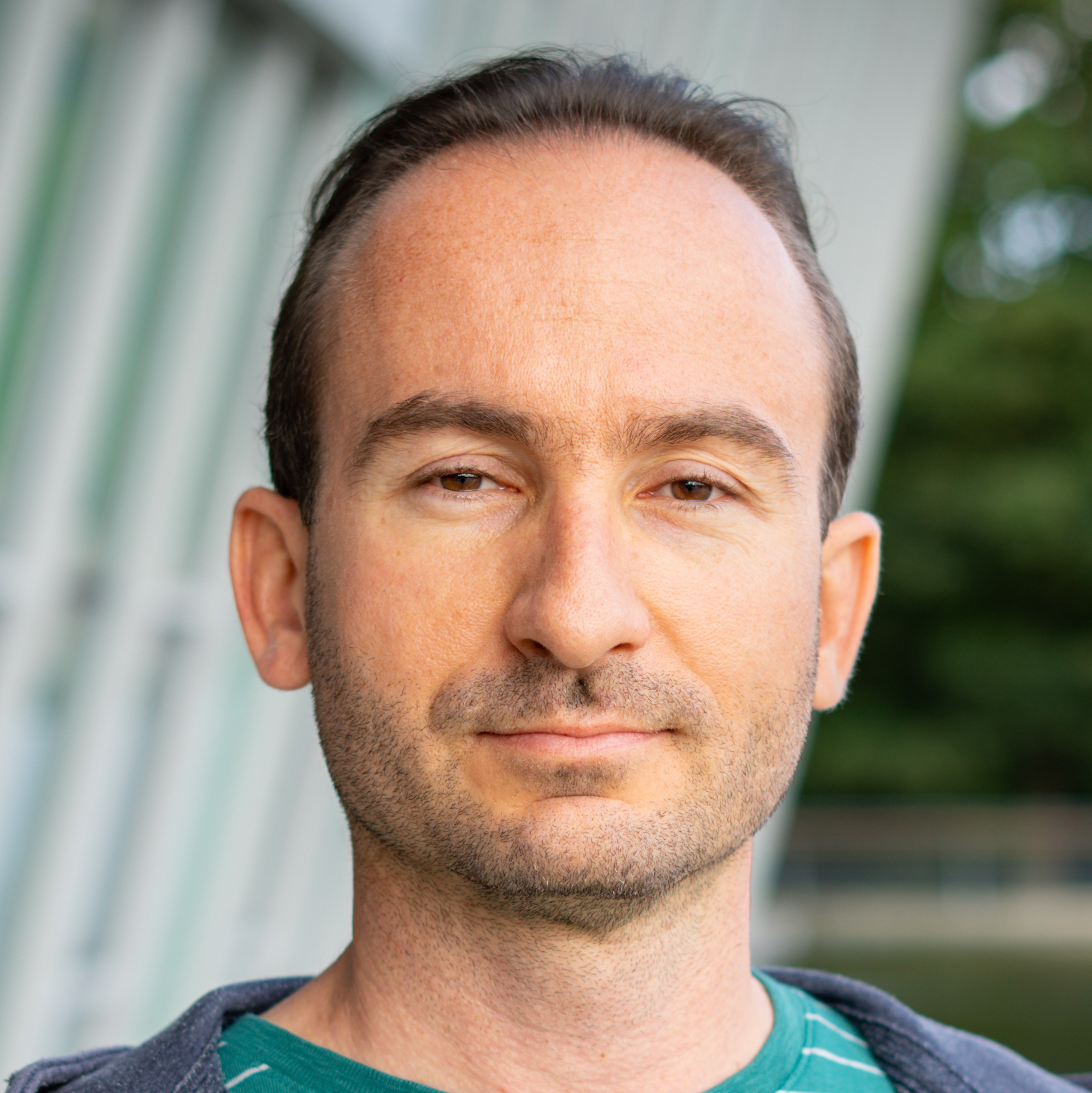 |
Cei Abreu-Goodger leads the RNA Computational Genomics group at the National Laboratory of Genomics for Biodiversity in Mexico (Langebio-Cinvestav). In close collaboration with experimental groups, he uses computational approaches to study the regulatory effects that small RNAs have on gene expression. He is particularly interested in small RNAs that can move between species, potentially acting as a form of communication. During 2019 he was a Visiting Postdoctoral Fellow at EMBL-European Bioinformatics Institute in the Gene Expression Team, working on predicting microRNA effects from single-cell RNA-Seq experiments. | |
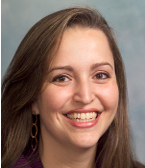 |
Tatiana Andrea Benaglia Carvalho has a degree (2001) and a master's degree (2004) in Statistics from the State University of Campinas (UNICAMP) and a doctorate in Statistics from Pennsylvania State University (2008). She worked as an Associate Researcher (2009-2012) at the Biostatistics Unit of the Medical Research Council in Cambridge, UK. Since 2013 she has been hired as a PhD Professor by the Department of Statistics of the State University of Campinas. She has experience in Non-Parametric Statistics, Mixture Models, Linear Models and Health Technology Analysis, especially Cost-Effectiveness Analysis. | |
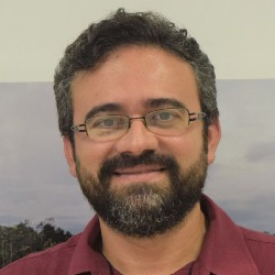 |
Ronnie Alves received his Ph.D. in Computer Science (Artificial Intelligence) from the University of Minho under the supervision of Prof. Dr. Orlando Belo. He was a visiting researcher in the Data Mining Group led by Prof. Dr. Jiawei Han at the University of Illinois at Urbana Champaign, and in the Bioinformatics Research Group at Pablo de Olavide University led by Prof. Dr. Jesus Aguilar-Ruiz. He has published several articles in specialized journals and works in annals of events. His research has an emphasis on the area of machine learning, data mining, and bioinformatics. He did his post-doctorate at the Institute of Biology Valrose (iBV) – CNRS/UMR6543, and at Institute of Informatics of UFRGS. He worked as research fellow (Jeune Chercheur) in the Computational Biology Institute (IBC) of the Lab. of Computer Science, Robotics and Microelectronics of Montpellier (LIRMM), Montpellier University (UM). He was a member of the Management Committee on Computational Biology (CE-BioComp) of the Brazilian Computer Society (SBC), from 2014 to 2015. He works as a full lecturer in the Computer Science Master's Program (PPGCC) of UFPA. He is currently an Adjunct Researcher of the research line "Environmental Genomics" in ITV Sustainable Development. |
|
